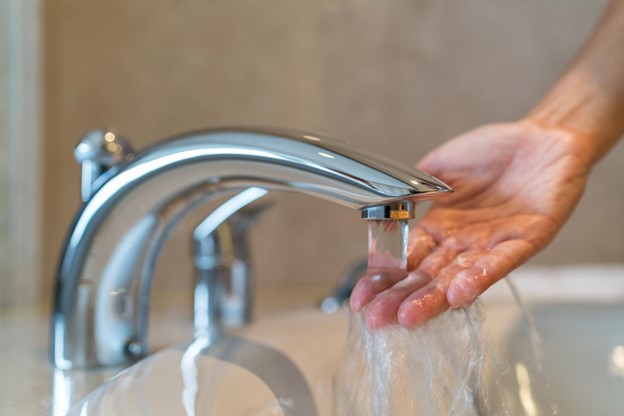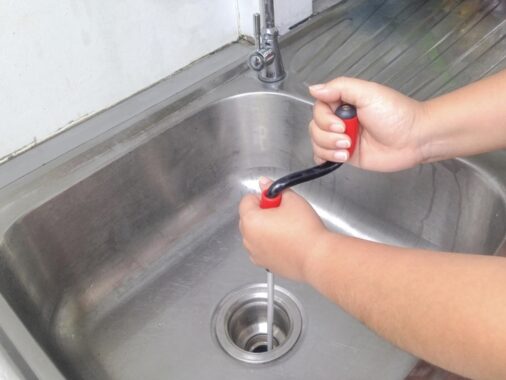Hot water systems play an invaluable role in the everyday living conditions of Australians. The decision between choosing gas or electric hot water systems is fundamental and goes beyond simply wanting warm water for a shower or dishwashing. This article aims to guide homeowners in comprehending the importance of making an informed choice, starting with an understanding of both gas and electric systems. As we move along, we’ll contemplate energy efficiency, cost considerations and environmental impact. Additionally, we’ll examine the real-life experiences of Australian homeowners alongside professional insights.
Understanding Hot Water Systems: Gas vs. Electric
Gas hot water systems operate by burning gas, typically either natural gas or LPG, thus heating stored water in a tank. These systems would generally require an outdoor installation due to ventilation needs. On the other hand, electric hot water systems utilise an electrical current to heat a coil or element which, in turn, heats the stored water.
There are significant differences between the two, from running costs to the rate of hot water generation. Gas systems are usually quicker at heating water and can work even during blackouts, while electric systems offer versatility in installation locations. However, gas systems might not be applicable to areas without a gas supply.
Evaluating the Energy Efficiency: Gas vs. Electric Hot Water Systems
Energy efficiency is a crucial factor in the selection of hot water systems. Typically, gas hot water systems are more energy efficient than their electric counterparts due to the inherent efficiency of gas as a fuel source. They also tend to produce lower greenhouse gas emissions.
However, electric hot water systems can be quite efficient if periodically replaced and kept in optimum condition. Plus, with the surge in solar-generated electricity, these systems have the potential to operate entirely on renewable energy. The importance of energy efficiency depends greatly on individual household usage patterns and budget constraints.
Cost Considerations: Gas vs. Electric Hot Water Systems
Cost is a pivotal factor. Though gas hot water systems often have a higher initial setup and installation cost, running costs tend to be lower than electric systems, especially if natural gas is available. Electric systems potentially have lower upfront costs, but higher ongoing costs—especially in regions with high electricity prices.
Maintaining a balance between cost-effectiveness and efficiency is a crafty display of astuteness. It encompasses long term operating costs, potential servicing needs and longevity of the system.
Environmental Impact: Gas vs Electric Hot Water Systems
Eco-conscious individuals will need to consider the environmental impact of their hot water systems. Neither gas nor electric systems are completely free of impact – gas systems elicit greenhouse gases, while electric systems contribute to carbon output if powered by fossil fuel-generated electricity.
Therefore, householders’ decisions have a direct impact on our environment. A lower ecological footprint choice might include a gas system for homes with access to natural gas, or an electric system powered entirely by solar energy for homes in regions with ample sunlight.
Case Study: Homeowner Experiences in Australia
Regardless of research, lived experiences provide true value. Some homeowners express satisfaction with the cost-effectiveness of gas systems, while others are happy with the seamless operation of their electric systems. Professionals in Australian hot water installations underline the importance of considering individual household requirements and environment, further advocating for calculated decisions based on both numbers and needs.
The choice between a gas and an electric hot water system is anything but cut and dried—it’s a matter of balancing the scales of cost, energy efficiency and environmental impact. Scrutinising these factors is a sure-fire way to make an informed decision befitting your home. Regardless of which system you select, the focus should always remain on meeting individual needs and creating a household where the hot water system harmonises with the broader lifestyle goals.






